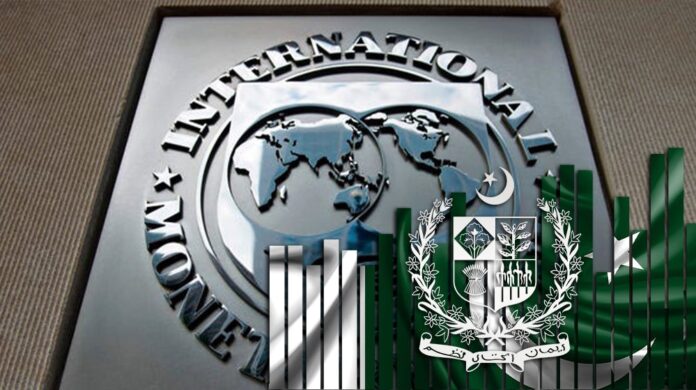ISLAMABAD: Pakistan has avoided the immediate need for a mini-budget after the International Monetary Fund (IMF) expressed satisfaction with the country’s recent improvements in tax collection and fiscal policy reforms.
The Federal Board of Revenue (FBR) announced that the tax-to-GDP ratio has climbed from 8.8% to 10.3%, marking a 1.5% rise, a development that has impressed IMF officials during ongoing negotiations.
The FBR sources have confirmed that this achievement has relieved pressure on Pakistan to introduce additional tax measures. Consequently, the government will maintain its annual tax target of Rs12.97 trillion without imposing new taxes.
This stability measure includes shelving the proposal for a general sales tax (GST) on petroleum products, which could have burdened consumers with additional fuel costs. The relief from further taxation, according to FBR officials, aligns with the IMF’s positive response to Pakistan’s tax strategy and fiscal targets.
The FBR reported robust tax collection from the retail sector, gathering Rs12 billion within three months. Registered traders surged from 200,000 to 600,000 as efforts to widen the tax net took effect. Authorities revealed that agricultural income tax collection, a long-standing goal, will start next year.
FBR officials are in ongoing discussions with the IMF on revisiting the Tajir Dost Scheme, a tax scheme designed to make compliance easier for small traders, to include more traders into the tax framework.
Officials also noted that Pakistan’s overall economic activity is expected to gain momentum by December, supported by a steady exchange rate and a potential reduction in the State Bank’s policy rate. These factors are anticipated to counterbalance a Rs190 billion tax shortfall recorded in the first four months of the current fiscal year.
Furthermore, the FBR has presented a Tax Laws Amendment Ordinance 2024 to the Prime Minister, featuring a new family income tax return system that eliminates the categories of non-filers and late filers.
This positive fiscal outlook, paired with the IMF’s backing, strengthens Pakistan’s economic stability and offers the government flexibility as it navigates fiscal challenges without the burden of immediate new tax measures.




